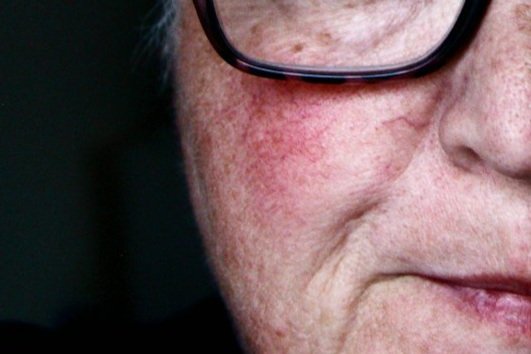Understanding Your Skin
At Naples Dermatology, we’re committed to providing clear and practical information to help you understand and manage your skin health. Please contact us if you have any specific concerns.
Atypical and Dysplastic Nevi | Odd Moles
At Naples Dermatology, our board-certified dermatologists specialize in the evaluation and management of atypical and dysplastic nevi. We understand the importance of early detection and personalized care in preventing skin cancer.
Benign Appearing Nevi | Moles
If a mole that has previously been classified as benign-appearing starts to change or if new symptoms such as itching, bleeding, or pain develop, it’s important to have it re-evaluated by a dermatologist. Changes in appearance or symptoms could indicate that a previously benign-appearing mole is becoming atypical or malignant.
Basal Cell Carcinoma | BCC
Early detection of Basal Cell Carcinoma is crucial to prevent the cancer from growing larger and causing significant tissue damage. Regular skin checks and prompt evaluation of any new or changing skin lesions are essential for catching BCC in its early stages
Squamous Cell Carcinoma | SCC
Squamous Cell Carcinoma (SCC) is the second most common type of skin cancer, arising from the squamous cells that make up the outer layer of the skin (the epidermis). While SCC is generally less dangerous than melanoma, it can be aggressive and may spread (metastasize) to other parts of the body if left untreated.
Squamous Cell Carcinoma In Situ | Bowen’s Disease
Squamous Cell Carcinoma in Situ (SCCIS), also known as Bowen’s Disease, is an early stage of squamous cell skin cancer where the cancerous cells are confined to the top layer of the skin (the epidermis). At this stage, the carcinoma has not yet invaded deeper tissues, which makes it highly treatable when caught early.
Malignant Melanoma | MM
Malignant Melanoma is the most dangerous form of skin cancer, arising from the uncontrolled growth of melanocytes, the pigment-producing cells in the skin. Although melanoma accounts for only a small percentage of skin cancer cases, it is responsible for the majority of skin cancer-related deaths due to its ability to spread (metastasize) to other parts of the body.
Malignant Melanoma In Situ
Malignant Melanoma In Situ represents the earliest stage of melanoma, a serious form of skin cancer. Because it is localized and has not spread, melanoma in situ is highly treatable, with an excellent prognosis if detected and treated promptly.
Merkel Cell Carcinoma | MCC
Merkel Cell Carcinoma (MCC) is a rare, aggressive skin cancer that originates in Merkel cells at the base of the epidermis. Known for its rapid growth and high risk of metastasis, MCC gained attention when musician Jimmy Buffett passed away from the disease in 2023.
Actinic Keratosis | AK
Actinic Keratosis (AK) is a common precancerous skin condition caused by prolonged exposure to UV radiation. These lesions can take various forms, each with distinct characteristics. Understanding these types helps in recognizing and effectively treating AK before it potentially progresses to squamous cell carcinoma.
Actinic Cheilitis | Solar Cheilitis
Actinic Cheilitis, also known as solar cheilitis or farmer's lip, is a precancerous condition that primarily affects the lower lip. This condition results from chronic sun exposure, leading to damage to the lip’s epithelial cells. It is considered a form of actinic keratosis but occurs on the lips rather than other sun-exposed areas of the skin.
Skin Tags
Skin tags are completely benign and pose no risk of turning into cancer. They are usually painless, although they can become irritated if they rub against clothing or jewelry. If a skin tag becomes painful, changes color, or starts bleeding, it’s a good idea to see a dermatologist to rule out other conditions.












